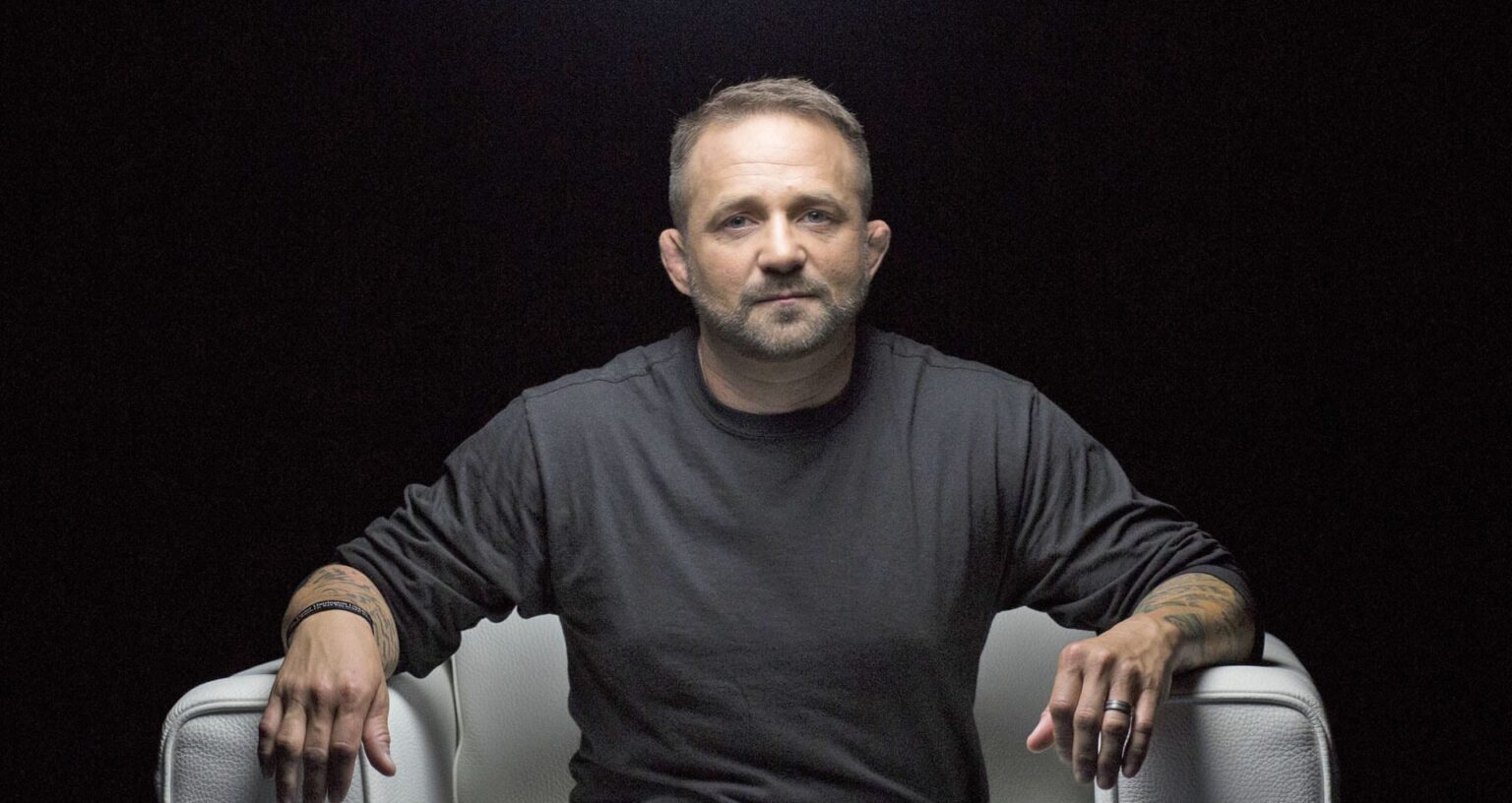 By Chad M. Robichaux
By Chad M. Robichaux
Force Reconnaissance Marine and Afghanistan Veteran
President & Founder,
Mighty Oaks Foundation
Those of us who have been privileged with the opportunity to serve as military warriors in the cause of freedom, have faced experiences outside of life’s norm, sometimes witnessing and participating in both horrific and heroic acts. In many cases, some of these events build us up and others nearly destroyed us; mentally, physically, and spiritually.
The struggles of my life started far before I became a Marine. I experienced a childhood of physical abuse from a Marine Corps Vietnam veteran father, the abandonment of my parents, and the great pain caused by the murder of my teenage brother when I was only fourteen. When I joined the Marines Corps at the ripe age of seventeen years old, it was a fresh start at life and a chance to begin a new journey, free from the hardships of my past. I eventually fulfilled my childhood dream of becoming a Force Recon Marine, and it was everything I hoped it would be. Yet, while my new life was not without new struggles, it was ten years before I set foot in a real-life combat zone.
The later end of eight deployments as part of a special operations task force began to catch up with me, and I found that the intensity and anger that had become my norm was being replaced by a state of anxiety and even moments of fear and hopelessness about the future. Initially, I was completely naïve to what the problem might be: an illness, a mental problem.… I was clueless, but I definitely knew something was wrong. When the physiological symptoms set in, I noticed my arms and the cheeks of my face would go numb, and I felt as if my throat were swelling shut. There were moments when I felt my heart was going to stop. I was fearful and ashamed to tell anyone on my team because I believed they would think I was weak and I knew I’d be pulled from my job. I shoved it way down and tried to push through it; it only progressed. There were many times I thought I was having a heart attack. Other times, I felt out of body and started to have lapses in memory. Even though I’m not a drinker, I tried to drink whiskey on a few occasions to numb it. That only made it worse. I thought I was going insane.
It was during an operation when I was working alone with only local nationals that I realized how foggy my mind had become; I couldn’t recall much of the prior two weeks. In a brief moment of clarity, I realized I had made decisions that put me in danger, and I finally had to speak up. A short time later I was back in the States sitting across from a clinical psychologist who told me I had been diagnosed with PTSd. That was devastating, and I felt in a single moment that I had lost everything. I had faced many physical injuries during my life, but I had always been able to work around them and continue. Yet, no physical injury has ever knocked me down like this atomic bomb that exploded in my soul. Never in a million years would I have thought that I’d suffer from such a diagnosis.
Due to my security clearances and the nature of the programs I was involved in, this diagnosis resulted in immediate removal from my job, teammates, and what I believed was my only purpose in life. I was not only devastated but also ashamed and lost. I felt I had failed―and in part I was told I had. I had put everything into our mission and my occupation as a warrior. I found myself lost and hopeless, feeling a mixture of shame, guilt, and overwhelming panic. I felt that if I honestly expressed my feelings, they would put me in a straitjacket and lock me in a padded room. The fear of being institutionalized for a mental deficiency was terrifying. I felt as if I were losing all sanity and would either crack or my body would stop functioning and I would die. Panic attacks became the new norm for me, and I became increasingly frustrated and angry at everything.
This state of mind was a self-fulfilling-prophecy that devastated the world around me and those who loved me, nearly costing me everything, including my family by divorce and my life by almost becoming another veteran suicide statistic. But I didn’t want to end it all. I just needed to somehow escape my pain. The truth was I had realized the damage and pain I was causing to those I love and wanted to spare them of the misery I had brought them. I had somehow convinced myself that my family might be sad with me gone, but they would be much better off. This terrifying reality, unfortunately, finds a home in the hopeless hearts of twenty plus veterans per day, and nothing could be further from the truth.
However, through the intervention of my wife and others who love me, I was challenged to get up and get back in the fight. I was shown the way forward through the restoration of my faith, mentorship, and coming to the understanding that my future is not based on the past events in my life, but the choices I make moving forward. And one of those choices I made was to not be bound by a clinical diagnosis that says I am somehow disordered and incapable of a future that is full of hope, joy and purpose. As warriors, we are not victims and should not relish the role of being broken, disordered or a dependent of a healthcare system. Some clinical programs for combat trauma are necessary, but these should be pit stops on the road to recovery, not destinations.
Today, I stand on the other side of those circumstances. I know that the struggles I have overcome do not weaken me but have in fact molded me into the man I am today. I have learned great lessons, and I must share them with others who are facing or will face similar struggles so that we can endure them and emerge on the other side as the men and women God created us to be.
One of the most insightful and encouraging things I have discovered in my own path to healing is the perspective of seeing this PTSd thing through the lens of Creation. When I stopped looking at my mind and body’s reaction as a problem, as a disorder, and understood it was normal for me to respond this way, everything changed for me. In fact, God Himself designed my mind to respond in such a way to trauma. I saw my situation differently and realized I wasn’t disordered but was functioning perfectly—by design. You see, our brains and bodies are brilliantly designed to respond normally to the abnormal events of trauma to survive and protect ourselves. That is not a disorder, but a blessing to embrace and be thankful for. Understanding this empowered me to move forward.
One of the great lessons I have learned from my own experience and experiences shared by other great military warriors is that we have a choice in how we respond to the experiences of our life. As we look back at our past, we must come to our own realization that however tragic (or heroic) those events may have been, they are not what led us to where we are today. Instead, it’s our daily choices. When we can bring ourselves to that realization and take responsibility for our past and future, only then can we move forward into a future of restoration, hope and new purpose.
The information in this book was by no means written to deny the hardships that come after a traumatic event, the struggles of life, or even a “PTSd” diagnosis. In fact, I personally am all too familiar with the sleepless nights and overwhelming panic that is experienced when the physiological effects surface and you feel like you’ve lost control and all hope is gone. Trauma, PTS, and its symptoms are very real and it is a real problem, but there is also a solution and a path forward. The pages of this book are meant to disarm the thought that PTS is a life sentence, a disorder, and that a bright and purposeful future is lost due to a diagnosis. We were all meant for something more, something greater than the valleys of life. Yes, there is a time to war, hate, kill, tear down, weep, and to mourn, but there is also a time to love, to build, a time for peace and to laugh and dance again. There is a time to live again—with joy and purpose. Don’t let your past rob you of your future. Get up, get back in the fight and make a choice to step into the freedom that is available for each of us who will not buy into a diagnosis that suggests we are disordered for a lifetime. You were made for something more!






